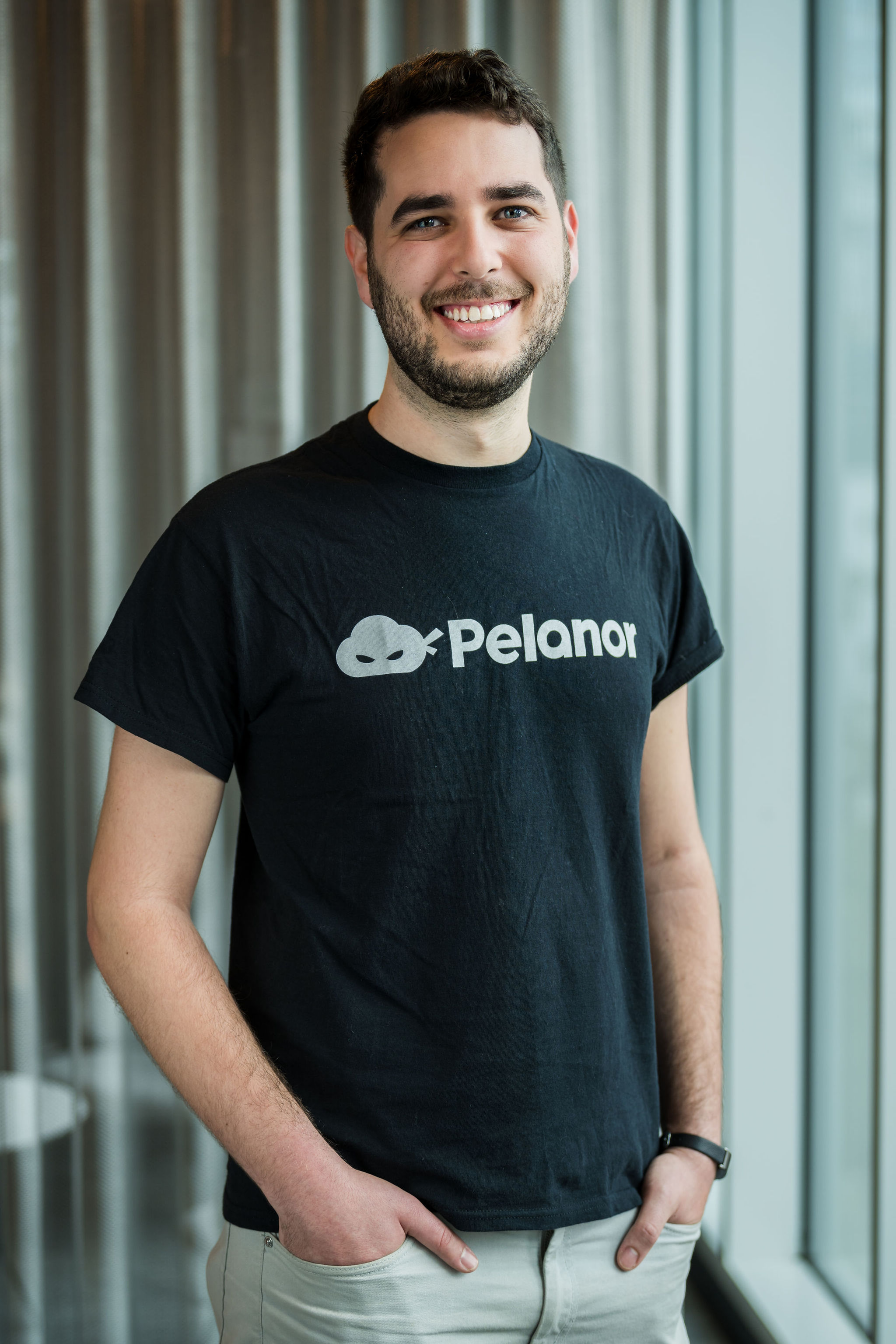Supporting a Deep Tech Innovation Ecosystem with Intel Ignite
Intel Ignite is a global startup support and accelerator program for deep tech companies in their earliest stages of development. Twice a year, Ignite runs a three month acceleration program for 10 teams, carefully picked from up to 300 applicants. And unlike many other similar programs, it’s free.
“The program is very founder friendly. We don’t take equity. We don’t charge money. Nobody needs to convert to Intel,” said Markus Bohl, Managing Director Europe at Intel Ignite.

The program is part of Intel’s effort to keep a pipeline of companies working on difficult technical problems. Instead of doing all the work itself behind closed doors, Intel sees value in fostering an open, collaborative community of researchers and inventors outside its walls.
“It takes the whole ecosystem to build deep tech stuff that is successful because it’s so tough. It’s complicated, it takes a long time, there are so many things involved,” said Bohl.
One recent participant is cloud platform NodeShift. NodeShift has built a cloud platform that aggregates data centers across the globe. The company claims customers can access virtual machines, GPUs, compute and storage up to 80% cheaper compared to large public cloud providers.
“We partner with independent data centers which have 15-20% spare capacity available. We get that spare capacity at a lower price, but still get all the enterprise features customers need like uptime service level agreements, and we offer it in a very nice package,” said Mihai Mărcuță, co-founder at NodeShift.

This kind of multi-cloud state management and workload orchestration challenge is notoriously difficult to do. Technologies like Kubernetes have held out the tantalizing possibility that customers could manage it themselves, but success has proven elusive. The experiences of even well resourced organizations have demonstrated how hard workload portability is in practice, let alone at global scale.
“As we said when we started the program, it’s like sitting in a rocket. We’re not sure if it’s exploding or taking off,” said Mărcuță. “By the end of the program it was clear we were taking off.”
Another Ignite participant is Pelanor which deals with cloud cost management. With rising interest rates and the broader economic shifts towards efficiency, there are plenty of companies pitching ways to contain cloud spend.
The relative complexity of cloud native approaches like microservices often obscures the true costs. The interconnectedness of systems makes simplistic cost-cutting exercises difficult because a poorly considered reduction may break systems or increase costs in other areas. Pelanor hopes to address this challenge by combining fine-grained data with a holistic view of the system.
“We map the entire cloud state as a graph and show the connections and usage between all of those different components,” said Ido Kotler, co-founder and CPO at Pelanor. “It’s allowed people to understand that if something is costing more in one place, it’s because something has changed in a specific service somewhere else.”

While it’s possible to map these dependencies manually, the sheer scale and pace of change in modern cloud environments renders any such map obsolete almost before it’s finished. Pelanor helps customers to automate the process and view the cost impact of system design decisions as they really are, rather than merely what is suspected.
Changing system designs is at the core of ElectricSQL, another recent Ignite participant. ElectricSQL is a platform for building mobile-first software that eliminates the need to communicate with backend databases.
“Basically, if you’re building an app, like a mobile app or a web app, you just code against this local database as you would have against a backend database and all the things just work,” said James Arthur, co-founder and CEO at ElectricSQL.
To say I was sceptical of these claims understates the matter somewhat, but I was somewhat swayed by descriptions of the techniques used. For example, ElectricSQL makes use of Wasm to provide a lightweight 3.7 megabyte PostgreSQL database in the client. These are bleeding edge techniques that would not have been possible just a few years ago, highlighting the kind of deep tech Intel is keen to support with the Ignite program.
“One of the key strategic priorities of Intel is local AI. Instead of running models in the cloud, you can run them on the local device of the user,” said Arthur.

By putting real data on the client and connecting it more easily to backend data in the cloud, organizations could make more effective use of the increased power in newer remote devices. Intel has a clear incentive here to foster a healthy ecosystem of customers for its products, especially in growing segments like mobile devices and IoT.
“It’s about open innovation. Making the startups successful first and then reaping the benefits to Intel later on by being connected to these inventors. That’s what’s important,” said Bohl.
The Ignite program is an interesting take on investment to encourage innovation. Not quite venture capital and not quite government grants, Intel has, in many ways, hearkened back to an earlier European model of corporate patronage. It requires a great deal of vision to invest in the long term like this, particularly when foregoing any high-risk-high-reward equity position.
At time when many are questioning the VC-heavy approach to innovation, the Ignite program is a welcome experiment in alternate ways of doing things. Given Intel’s recent struggles, hopefully these investments will start to pay off sooner rather than later.